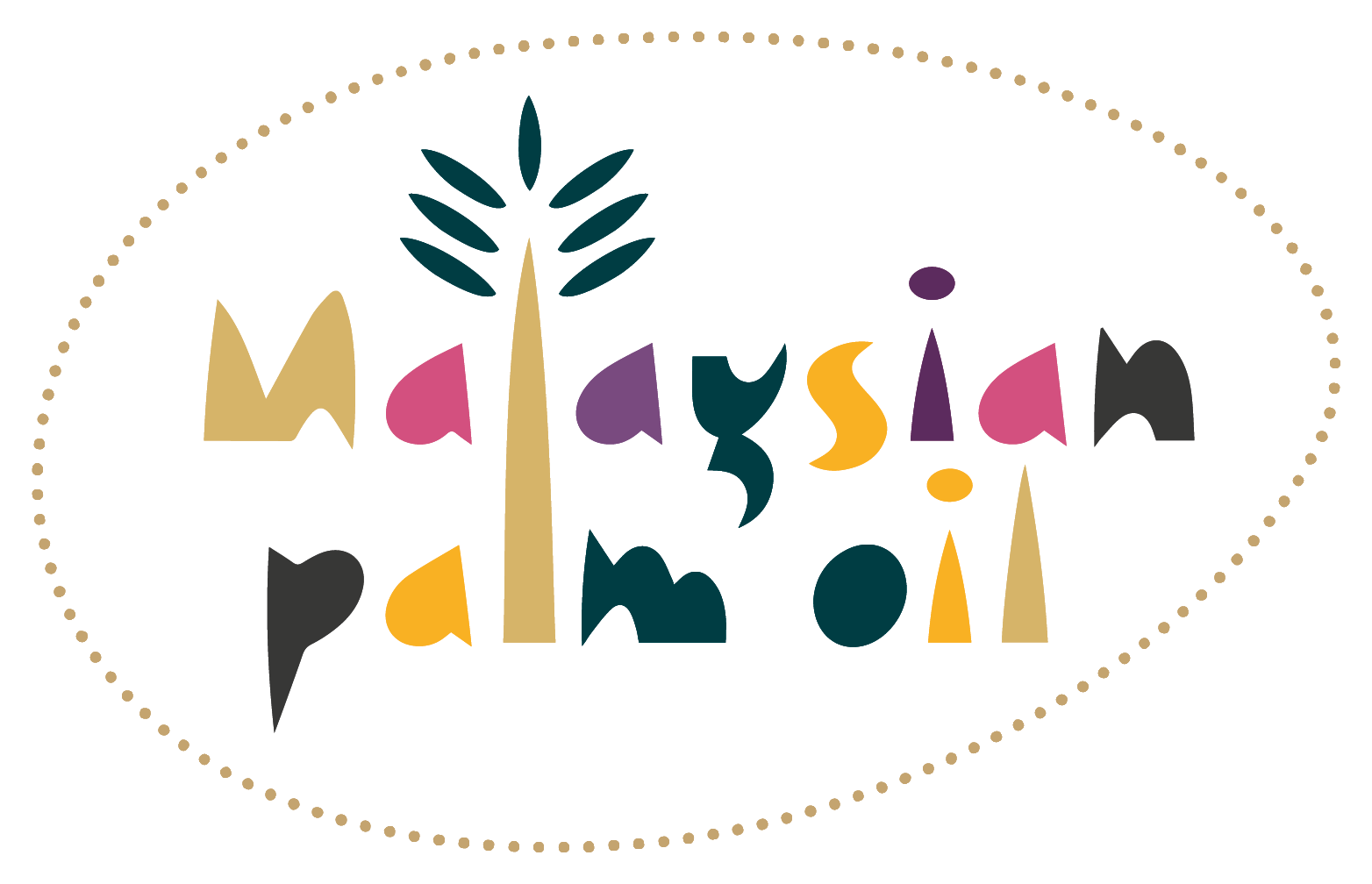Two assessments have been conducted analysing in detail how closely the Malaysian Sustainable Palm Oil (MSPO) standard is able to match the requirements of the EUâs Deforestation Regulation (EUDR) â and how MSPO can therefore be used as a tool for companies to comply with the EUDR.
The analyses were undertaken separately, one by the independent certification expert and auditor Pierre Bois dâEnghien from Belgium, and the other by the European Forest Institute (EFI), an EU-funded body focused on environmental and agricultural sustainability.
In May, a Webinar was hosted by the Malaysian Palm Oil Council (MPOC) to present and discuss these two assessments. The Webinar featured experts from the European Forest Institute (EFI), the Malaysian Sustainable Palm Oil (MSPO), and Pierre Bois dâEnghien, author of the MSPO-EUDR Assessment.
Regrettably, some of the reporting following the publication of the Webinar and the Assessments, has been wide of the mark. EFIâs presentation, which can be viewed online here, highlighted some âinformation gapsâ where MSPO and EUDR did not fully align: the message was interpreted by some in the media as portraying âweaknessâ or âshortcomingsâ in the MSPO.
This is a complete misconception, and a highly immature approach to assessing MSPO against EUDR. No standard is perfect, anywhere in the world or at any time in history. MSPO is no different. Areas for improvement, progress, development will always exist. The Assessments conducted by Pierre Bois dâEnghien and by EFI are part of the process of continuous improvement of the MSPO standard. This commitment to mature and rigorous analysis means that MSPO can continue to improve.
In fact, the small number of potential improvements and alignment for MSPO, related to EUDR, are the same issues identified by others in the palm oil supply chain. A recent letter from FEDIOL and other highlighted several areas where alignment with EUDR is a problem across European-based companies and associations as well as in producing countries such as Malaysia. This demonstrates there is in reality no shortcoming or weakness of MSPO â rather, there are deep and broad challenges around EUDR that affect businesses across supply chains and across continents.
Pejorative language such as âinformation gapsâ and âshortcomingsâ is neither accurate nor helpful. Cooperation with expert assessments is a positive effort to fine-tune the MSPO standard, and this should be welcomed, not used to undermine Malaysia.
In practice, both the assessments by EFI and by Pierre Bois dâEnghien came to the same conclusion: MSPO is a world-class standard whose the vast majority of areas are fully compliant and aligned with EUDR requirements.
Pierre Bois dâEnghien explained that âEUDR is very difficult and costly. Compliance will only be achieved if the EU Commission is willing to work with â rather than just dictate to â countries in the developing world. This should start with recognising and rewarding the positive efforts of our trading partners, including the MSPO certification standard in Malaysia. Malaysia is well-positioned because of MSPO. For many other countries, what is needed is a delay in EUDR implementation, or increased flexibility from the EU authorities.â
The importance of MSPO was also highlighted by MPOC Chief Executive Officer, Belvinder Kaur Sron, during the MPOC 3.0 Webinar on the subject. She said: “In some areas, such as the cut-off date for deforestation, MSPO is actually stricter and more rigorous than the EU Regulation. More cooperation is now needed between the European Union and the Malaysian palm oil community, to identify how MSPO can be accepted and recognised by the EU.â
The next step now is for the EU authorities to make progress in accepting MSPO. The thorough and independent approach taken by Malaysia to assessing and improving the standard â including the two recent Assessments â is an important milestone that should be welcomed by the EU. It is now a question for EU leaders to find the right structure, either under EUDR or a similar mechanism, for recognizing MSPO. In doing so, the EU will improve trade facilitation, guarantee the sustainability of palm oil in the EU market, and incentivize other countries to follow Malaysiaâs example of prioritizing sustainability and zero deforestation.
The decision by EU authorities does not take place in a vacuum. It is important that all stakeholders and participants in this debate use responsible language when communicating about the fundings of assessments. Giving the impression of âshortcomingsâ or âgapsâ is not constructive; rather, the discussion should be focus on Malaysiaâs impressive commitment and determination to improve MSPO, and lead the conversation on palm oil sustainability.
